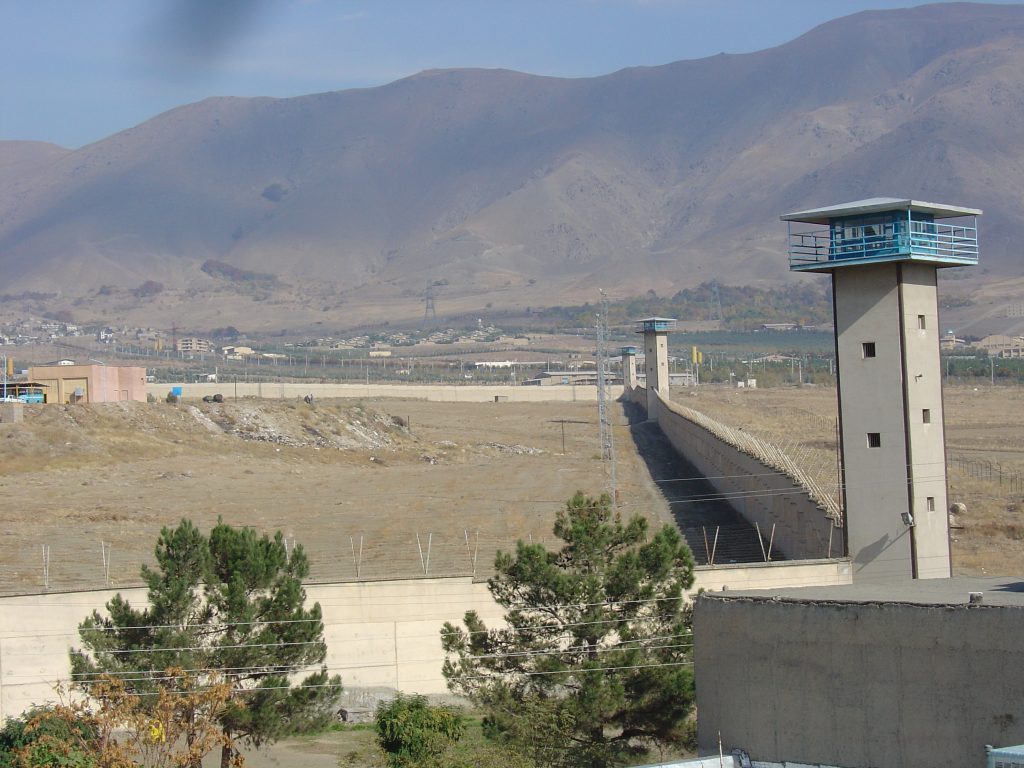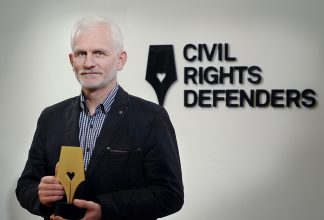Iranian citizen convicted of war crimes and murder

Today, the verdict was announced in the Svea Court of Appeal in Stockholm against an Iranian citizen who was charged with war crimes and murder for his involvement in the mass executions of political prisoners in Gohardasht Prison in Iran in 1988. He was sentenced to life imprisonment.
“This is a significant verdict that has great importance in holding perpetrators accountable. These are extremely serious crimes for which no one has been held responsible before. The verdict from the Svea Court of Appeals provides a form of justice and redress for the victims and the many affected,” says John Stauffer, Legal Director at Civil Rights Defenders.
The Iranian man was sentenced to life imprisonment by the Stockholm District Court in July of last year for his complicity in the mass executions of political prisoners that took place in Iran in the summer of 1988. The verdict was appealed to the Svea Court of Appeal, which now largely upholds the District Court’s verdict, finding the accused guilty of war crimes and murder. Civil Rights Defenders has been monitoring the trial on-site.
“This legal process, spanning nearly four years, has exposed the mass executions in Iran in the 1980s but also provided a platform for the victims to share their experiences. Allowing survivors and those affected by the crimes to tell their stories is crucial for them to be able to get redress. They have been victims of very serious crimes, and the perpetrators have long evaded accountability. The fact that the trial now has taken place is important to determine accountability and establish what happened,” says John Stauffer.
A unique trial drawing international attention
The trial in Sweden is the first of its kind; until now, no one has been held accountable for the mass executions in Iran in 1988. The attention worldwide has been significant, especially among Iranians around the world and relatives of those affected. The case is also highly unusual in a Swedish context. Previously, the majority of prosecutions for war crimes in Sweden have targeted individuals residing in Sweden, whereas the defendant in this case resided in Iran.
“The possibility to try such cases in countries other than where the crimes were committed is often crucial for holding the responsible parties accountable and for survivors to obtain some form of redress. Often, the countries where the abuses occurred lack the capacity or willingness to address the crimes, and the International Criminal Court is not always an option,” says John Stauffer.
Sweden has so-called universal jurisdiction over war crimes, which means that Sweden can investigate, prosecute, and try individuals suspected of war crimes, even without a connection to Sweden.
“We are witnessing an increasing number of cases based on the principle of universal jurisdiction, and we will likely see more similar cases in the future, both in Sweden and internationally, regarding events in Iran and other parts of the world,” says John Stauffer.
The verdict from the Court of Appeals can be appealed to the Supreme Court until January 16, 2024.
Summary of the verdict
Civil Rights Defenders has been on-site, monitoring the Court of Appeal’s proceedings. We have continuously published reports from the trial on our website, including analyses. Read our summary of the Court of Appeal’s verdict here.


